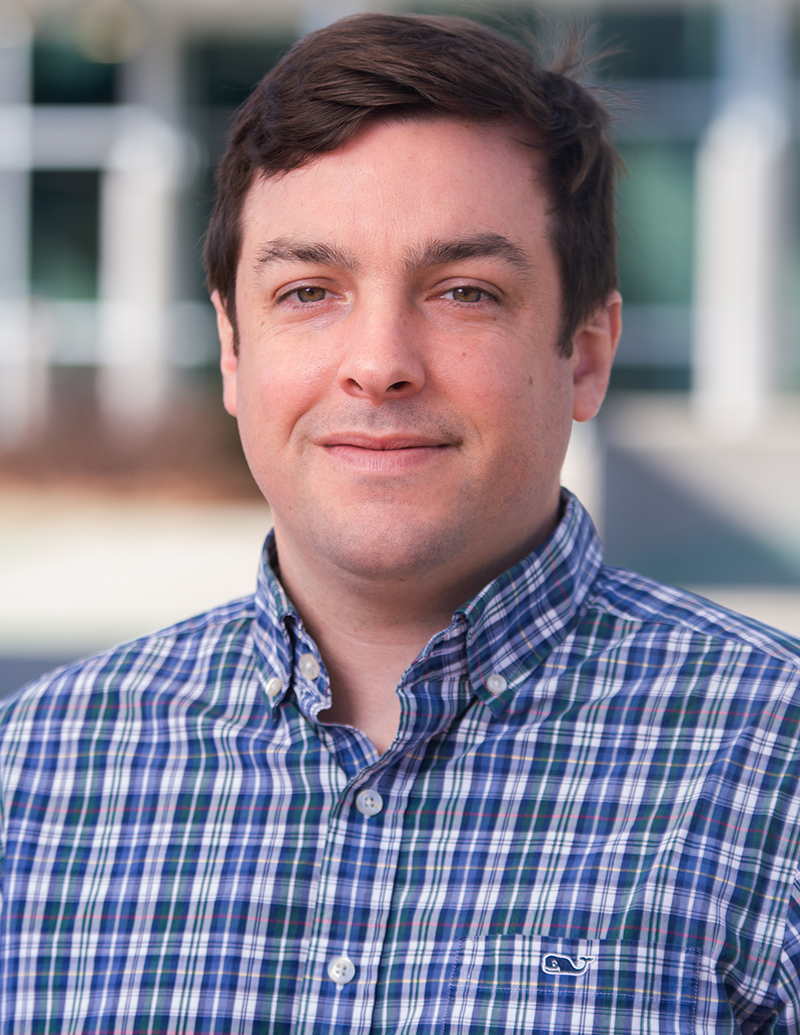 Brian Garcia, M.D.
Brian Garcia, M.D.
According to the American Lung Association, the number of people living with Nontuberculous Mycobacterial (NTM) lung disease is on the rise, especially among women and older age groups. This bacterial infection can be especially difficult to diagnose, requiring the expertise of a multidisciplinary team the UAB Medicine Nontuberculous Mycobacterial (NTM) Disease Program.
NTM infections arise from organisms commonly found in soil and water, and typically affect those with underlying lung diseases such as COPD or a weakened immune system, causing chronic cough, fatigue, fever, and night sweats. While NTM infections most commonly arise in the lungs, they can also appear in skin or soft tissue infections, lymph nodes, or other organs.
“Some states require public health reporting of NTM infections, but Alabama is not one of them,” said Brian Garcia, M.D., medical director of UAB’s NTM program. “As a result, this is an under-represented infection at a clinical level and an epidemiologic level.”
The NTM Disease program team is comprised of Garcia, German Henostroza, M.D., and Angela Thomas, Nurse Coordinator.
“The number of NTM patients currently in the United States is around 80,000 patients,” Garcia explained. “The more elderly patients we have living with chronic lung disease, the more that we will see this infection. Because the organism is so ubiquitous, I tell patients that they will encounter these bacteria no matter what. We see patients with these infections anywhere in their bodies, but 95% of our patients have pulmonary infections.”
“There must be a lung infection confirmed either twice in sputum or once in bronchoscopy, radiographic evidence of the disease and symptoms attributed to the infection and that are significant enough that treatment is justified,” said Garcia. “Treatment is difficult, typically multiple antibiotics every day for 18 months or longer. That means side effects and drug interactions that must be considered.”
Community physicians can refer a patient to UAB Medicine by calling the MIST line at 1-800-UAB-MIST. For more information on resources available at UAB Medicine, visit uabmedicine.org/physician